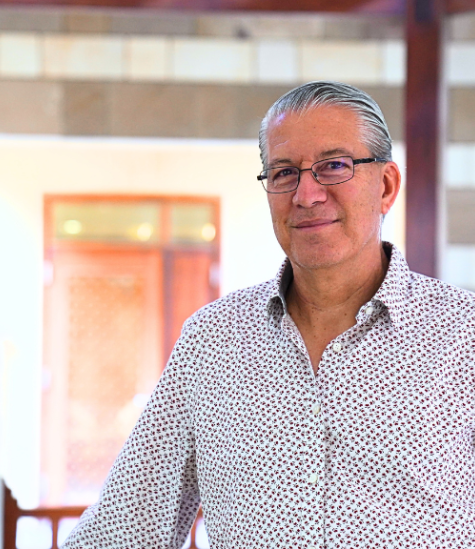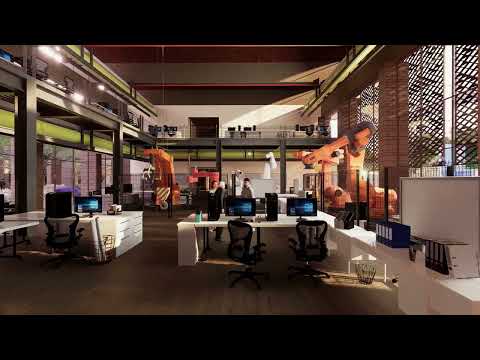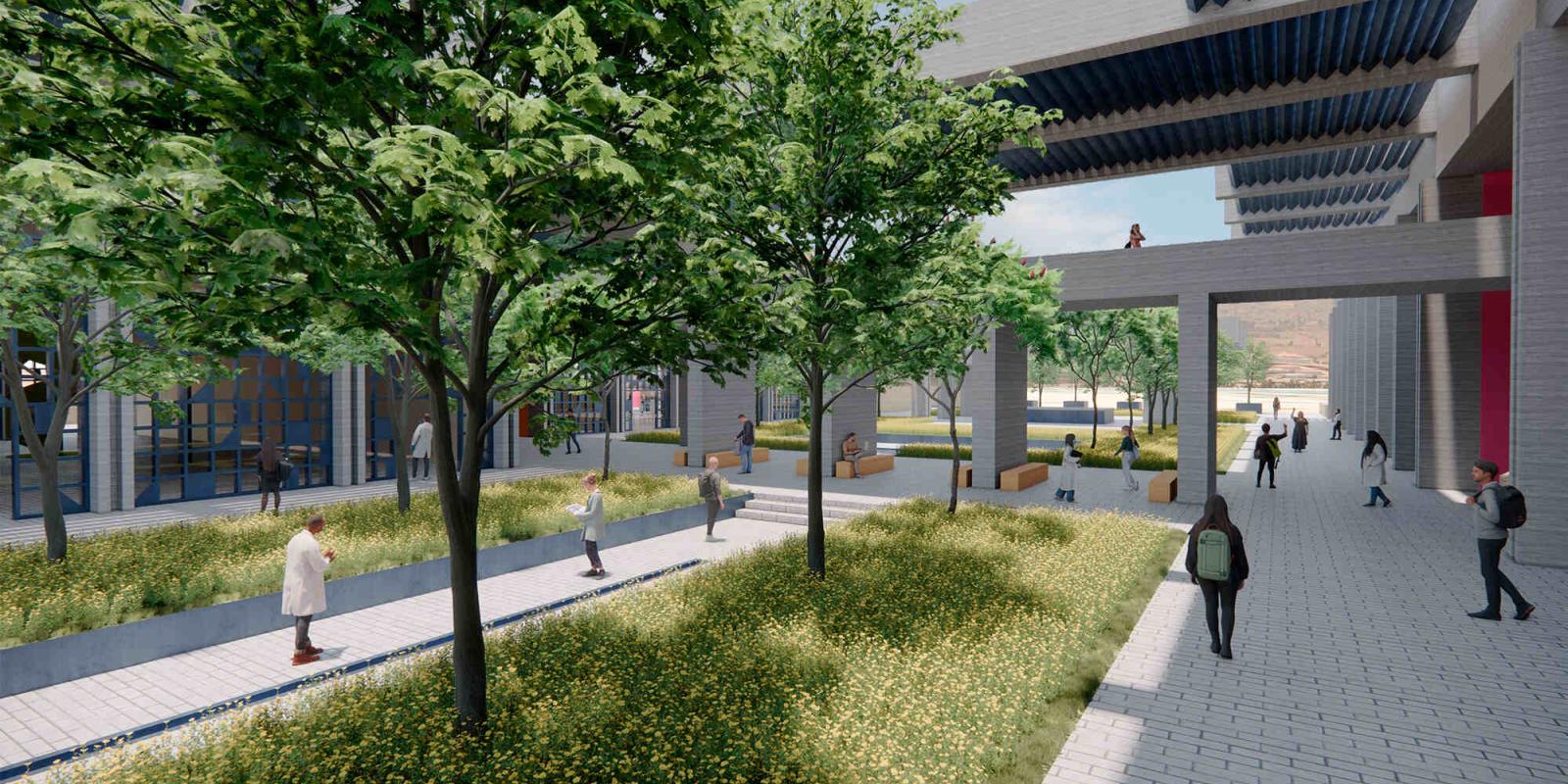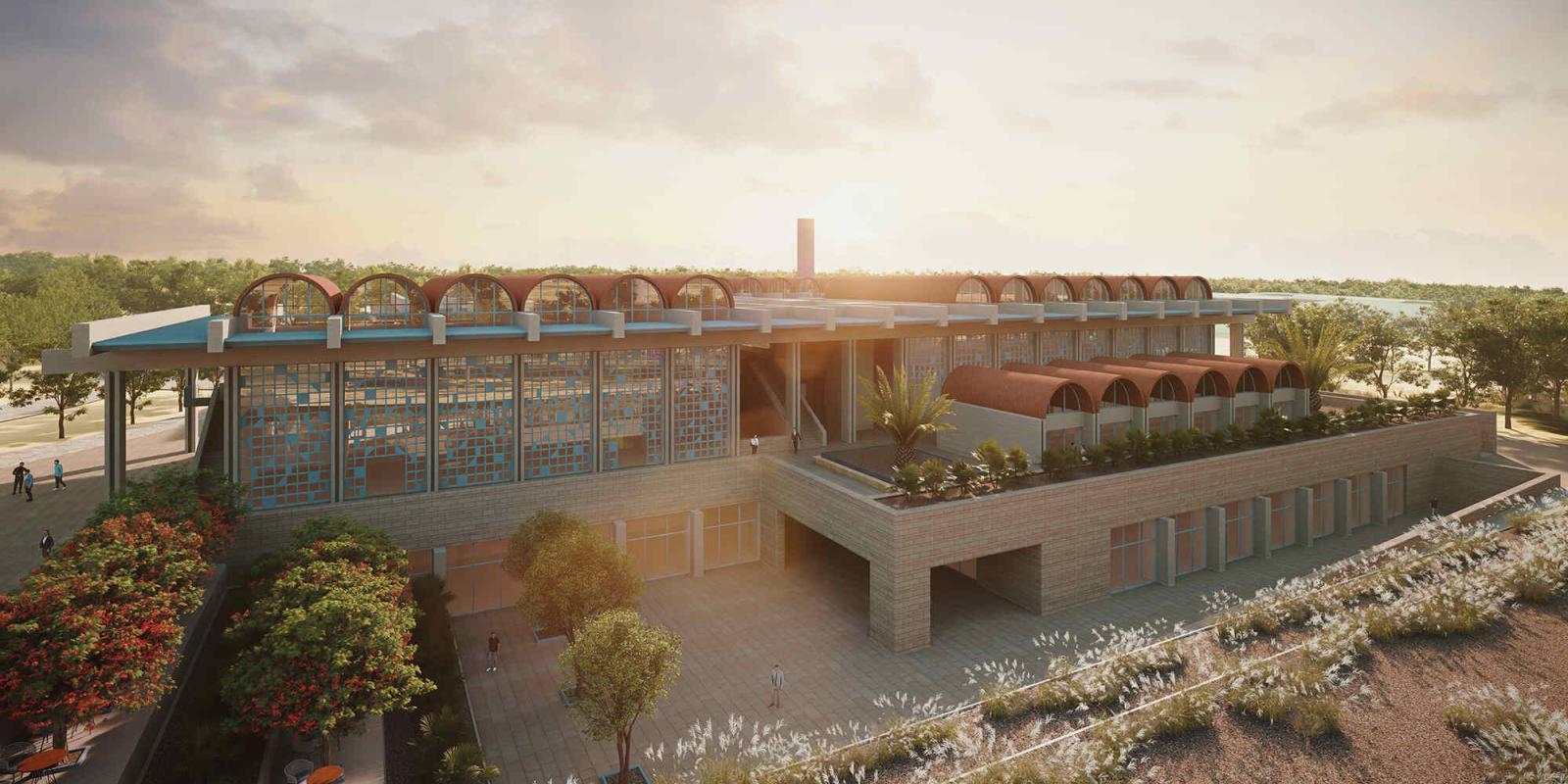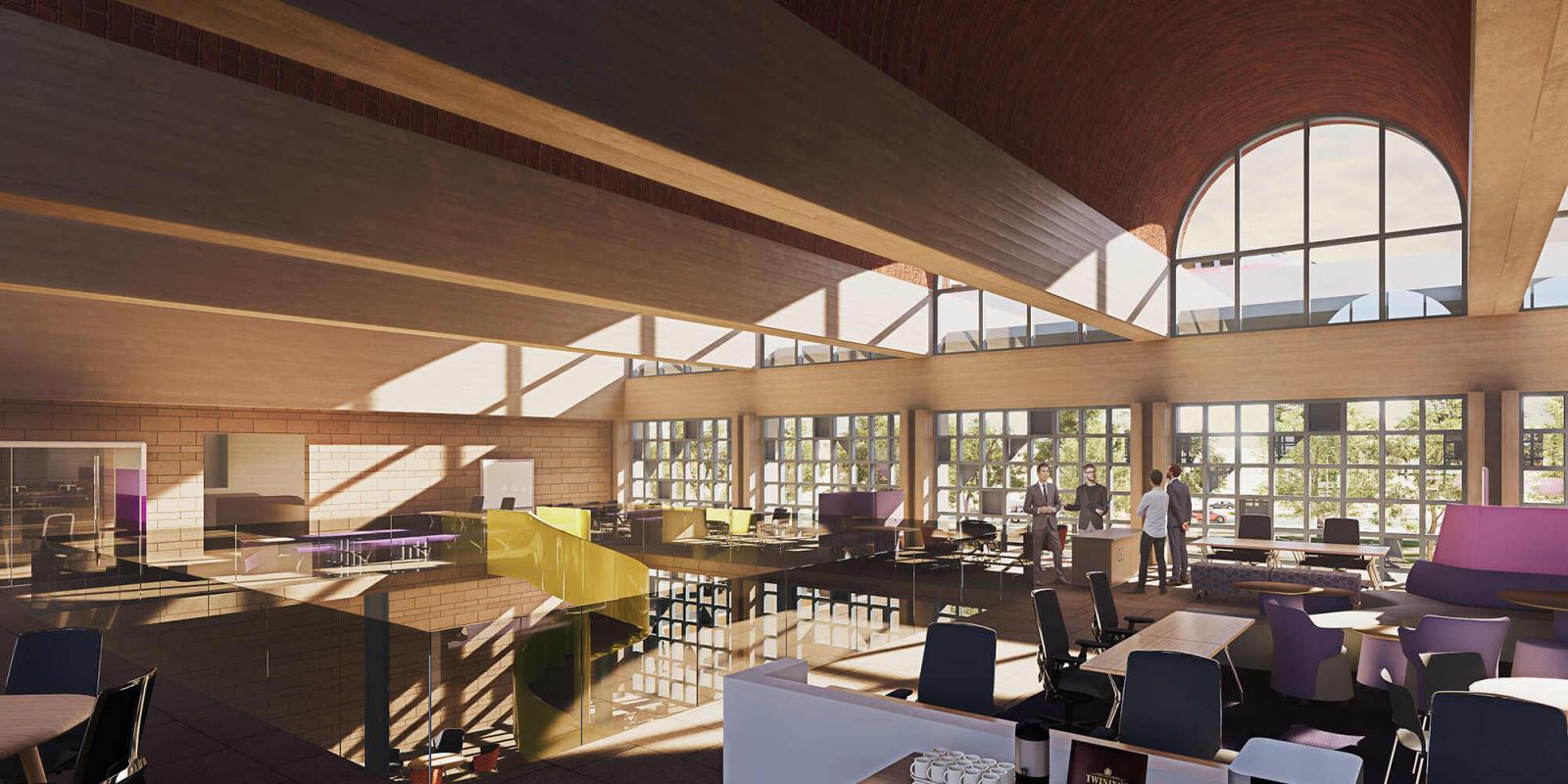
Technology, Research and Innovation Lab (TRI-Lab)
Over the past decade, Egypt has positioned science, technology and innovation as centerpieces of its Egypt Vision 2030 strategy with a focus on the production and localization of education and knowledge growth and transfer. To contribute to Egypt’s national development, AUC has made this mission a core element of its strategic vision and plans for future development of the New Cairo campus.
AUC’s Technology, Research and Innovation Lab (TRI-Lab) enables the University’s collaboration with industry market leaders and government initiatives in direct support of Egypt Vision 2030. The new paradigm of creating a technology hub within the University will not replace traditional learning and teaching methods; it will complement and enhance them to create a new economic and social value creation system that boosts innovation and the entrepreneurial spirit, leading to new industries and job creation in Egypt, Africa and the MENA region as a whole.
AUC’s TRI-Lab will ensure the University is fully immersed and integrated into the new economic models of the 21st century, which Egypt is now embracing. The TRI-Lab will emphasize a strategy for exchanging and expanding skills and talents, springing inventiveness, development, forward-looking solutions, an entrepreneurial environment, a gender-equal spirit and commitment across all terrains, in particular advancing climate action.
The lab’s primary mission will be to bring real-world challenges into the classroom and research labs by connecting corporate research and innovative startups with AUC faculty and students. Additionally, the lab will create opportunities for students to utilize the connections they made and the campus facilities to innovate high-impact solutions. Its secondary mission will be to strengthen student understanding of the application of market-oriented economic principles, enabling them to integrate themselves — and by extension, Egypt — into the global economy.
To achieve this goal, we will capitalize on the strong track record of AUC’s Venture Lab and leading programs in entrepreneurship and innovation. The TRI-Lab will amplify AUC’s current work through connecting researchers, students and leaders of industry to support Egyptian and regional youth by creating a technology and innovation-driven community. The centralized research lab will work hand-in-hand with AUC’s technology transfer office to further cooperation between industry and government partners. The lab will house AUC’s Venture Lab, co-working offices to host companies wishing to work with the University’s best and brightest entrepreneurs, open labs for active experimentation and product scale-up, and labs offering students and faculty the opportunity to reach advanced market standards. These collaborative learning spaces will establish AUC as a central contributor to the innovation ecosystem in Egypt and the region.
Committee Chair Members
Ayman Ismail, Associate Professor, Abdul Latif Jameel Endowed Chair of Entrepreneurship and Founding Director, AUC Venture Lab
Lotfi Gaafar, Professor, Dean of the School of Science and Engineering
Hossam Sharara, Assistant Professor, department of computer science and engineering
Karim Seddik, Professor, Associate Dean for Graduate Studies and Research School of Sciences and Engineering
Dalia Abd ElGelil, Senior Director, Innovation Hub
Hala Barakat, Director, Center for Entrepreneurship and Innovation
Quick Facts
12,150 m2 total area
Lab and learning factory spaces
Massive spaces for large-scale experiments
Home to AUC’s Venture Lab, Innovation Hub and Technology Transfer Office
From idea to product, all housed under one roof
Co-working spaces for corporates and startups engaging with faculty and students
This project is going to have an influence on new models of education and the concept of interdisciplinarity, bringing together fields such as engineering, arts, philosophy and history. It’s very exciting.
